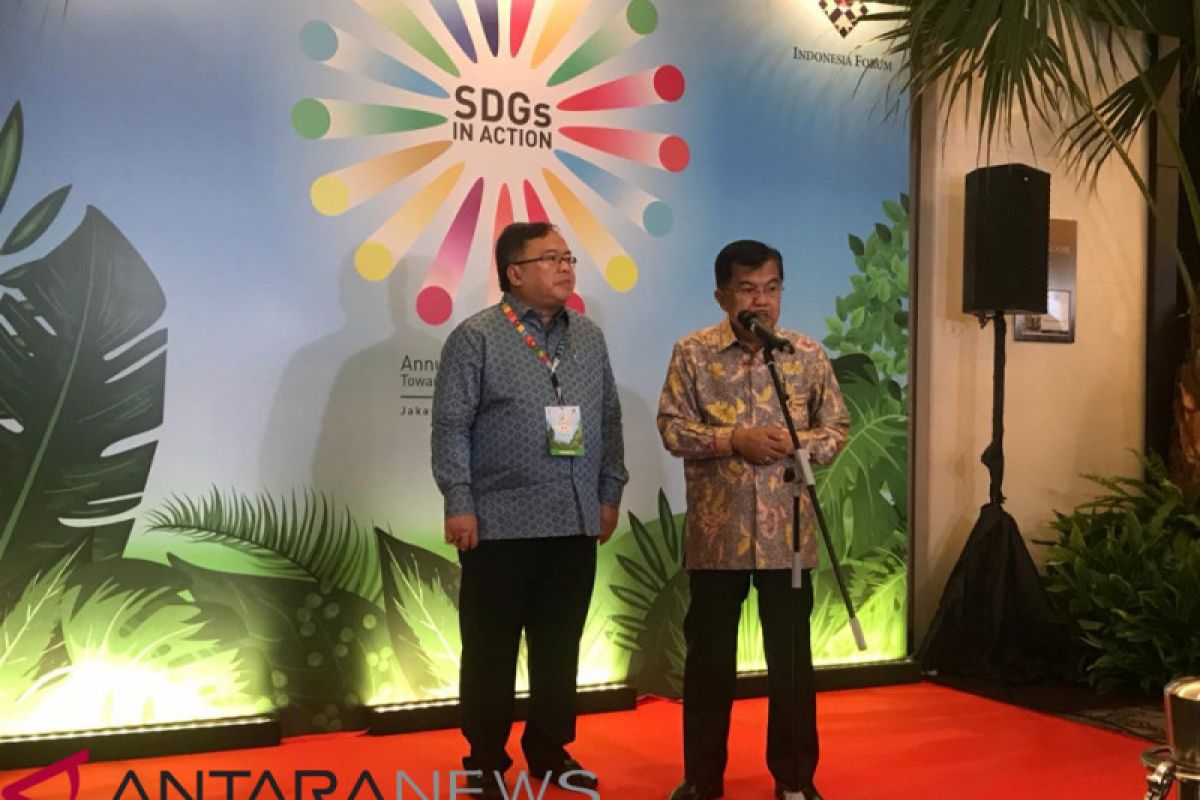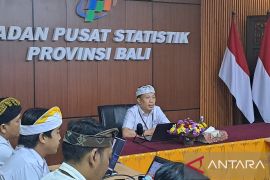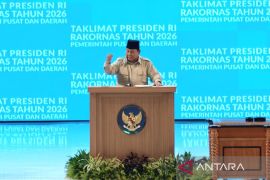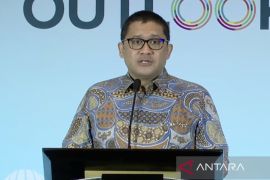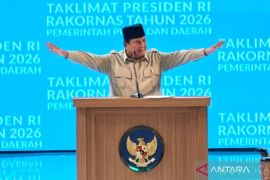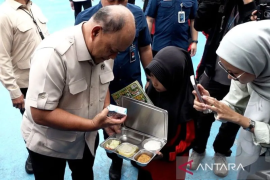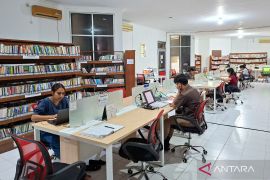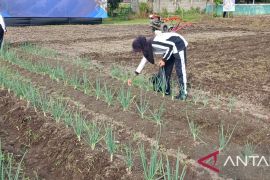"What has not been achieved is `equality` and justice, because the gini ratio, despite improvements, is still quite high. Hence, it requires a fairly broad increase in income," Kalla noted, after attending the 2018 Sustainable Development Goals Conference at Fairmont Jakarta, on Monday.
To achieve the goal of reducing the gap, the vice president remarked that a number of efforts were needed to increase people`s income.
He noted that it was necessary to adjust regional minimum wages (UMR) or minimum income standards with economic growth in Indonesia.
"Gini ratio is the income from a percentage of people compared to a low percent; therefore, people`s income, both productive income and UMR, is always adjusted to growth. Therefore, the income of these people must increase," Kalla explained.
The vice president added that 17 points in the TPB, which was agreed on Sept 25, 2015, are interrelated, and so it is necessary to work together with various parties to realize the 2030 Sustainable Development Agenda.
"There is no good education without good income, and there would be `zero hunger` if there is good food production. Everything is continuous and much discussed," he revealed.
The Indonesian government, Kalla continued, has long applied the TPB points in government work programs, even since the era of president Soeharto`s administration.
"Actually, for us, it is not a new thing, but it has always been done in every government since (the time) of Pak Harto and others. The problem of education in SD inpres (elementary school), health we run with BPJS, and `zero hunger` increases productivity (agriculture)," he pointed out.
The 2030 Sustainable Development Agenda is an agreement of UN member states through 17 TGB points, which is a continuation of the Millennium Development Goals for the period 2000 - 2015.
The 17 goals expected to be achieved are absence of poverty; absence of hunger; healthy and prosperous life; quality education; gender equality; clean water and proper sanitation; clean and affordable energy; decent work and economic growth; as well as industry, innovation, and infrastructure.
Then, there are goals for reduced inequality, sustainable cities and settlements, responsible consumption and production, handling climate change, marine ecosystems, land ecosystems, peace, justice and strong institutions, and partnerships to achieve goals.
Reporting by Fransiska Ninditya
Editing by Eliswan, Sri Haryati
Reporter: antara
Editor: Heru Purwanto
Copyright © ANTARA 2018
